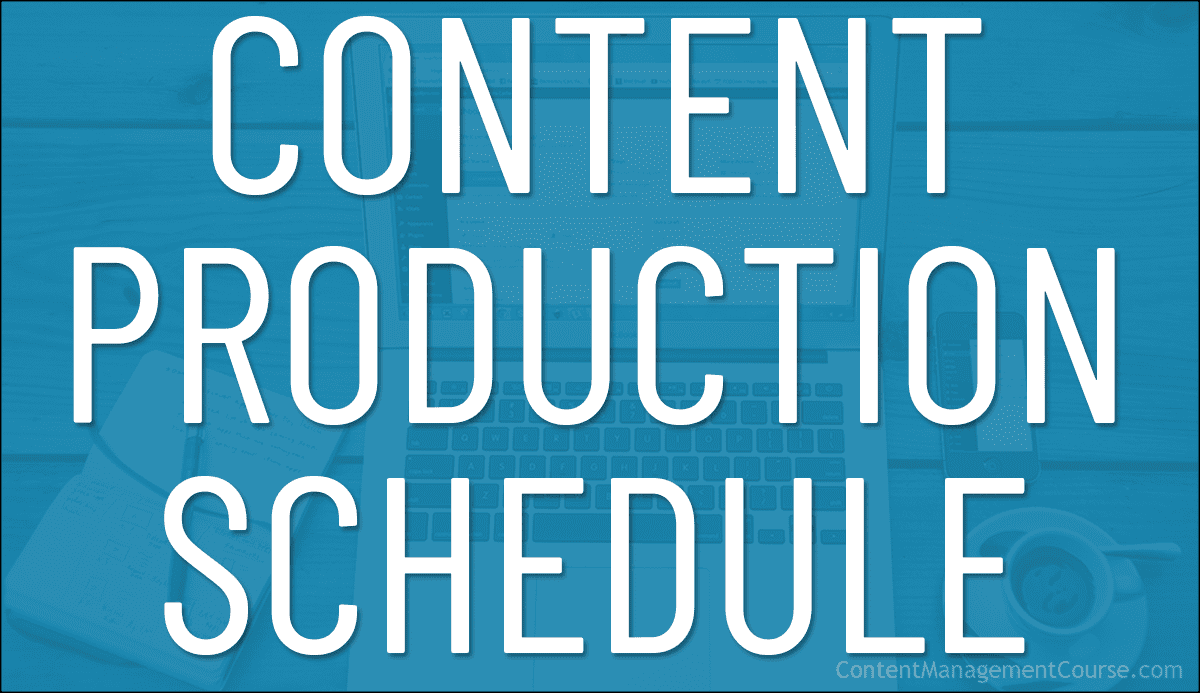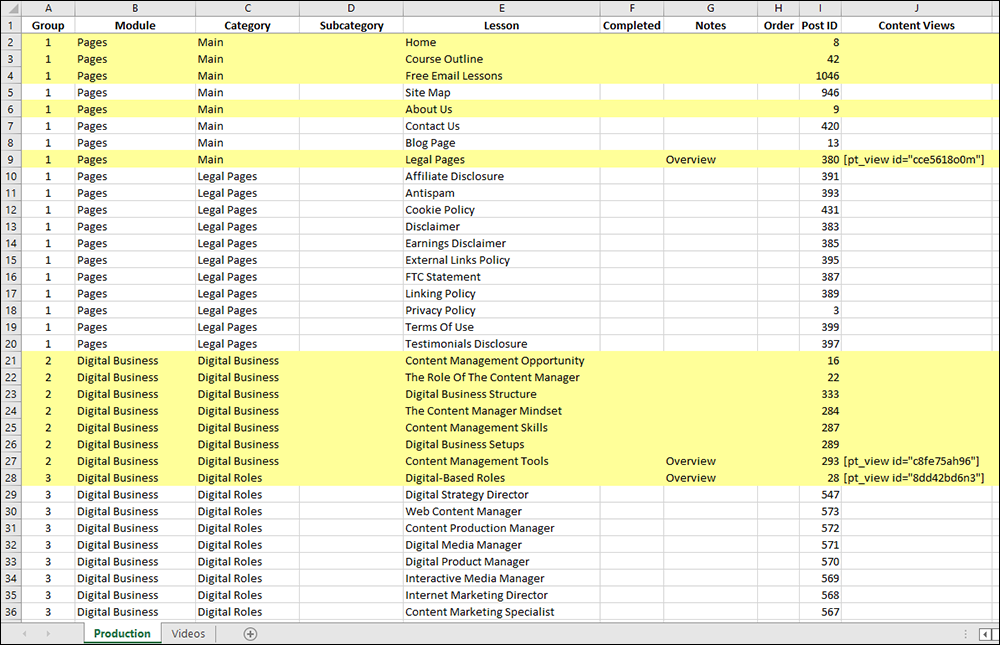Digital Marketing Manager
Learn about the role and responsibilities of a digital marketing manager.
 In this section of the Digital Business course module, we look at the role and responsibilities of a digital marketing manager.
In this section of the Digital Business course module, we look at the role and responsibilities of a digital marketing manager.
This article is part of our free content management course series where we look at various digital roles and responsibilities that a content manager may need to oversee and assume, depending on the organizational structure of the business.
***
Digital Marketing Manager Overview
A digital marketing manager is a professional who is responsible for planning and implementing a brand’s digital marketing strategy. This may include managing the brand’s presence on social media platforms, creating and running online advertisements, developing and implementing email marketing campaigns, and optimizing the brand’s website for search engines.
The main goal of a digital marketing manager is coordito effectively reach and engage the brand’s target audience through various digital channels and tactics. To do this, a digital marketing manager must have a deep understanding of the brand and its target audience, as well as the competitive landscape. They must also be proficient in various digital marketing tools and platforms and have strong analytical skills to track and measure the success of their campaigns.
In addition to planning and implementing a digital marketing strategy, a digital marketing manager may also be responsible for managing a team of digital marketers and coordinators, as well as collaborating with other departments such as sales and customer service.
Overall, the role of a digital marketing manager is crucial in helping a brand succeed in the digital world. By effectively utilizing various digital channels and tactics, a digital marketing manager can help a brand effectively reach and engage with its target audience and achieve its marketing goals.
The video below provides an overview of the Marketing Manager role:
Source: U.S. Bureau of Labor Statistics
Digital Marketing Manager Role
Digital marketing managers facilitate the process of engaging consumers in a personalized marketing process, from input on branding strategies to special offers and consumer preference, by implementing user outreach strategies to find out what consumers are looking for, and how they want products presented.
For example, a marketing manager may monitor trends that indicate the need for a new product or service. Then they may assist in the development of that product or service and create a marketing plan for it.
Marketing managers:
- Estimate the demand for products and services that an organization and its competitors offer.
- Identify potential markets for the organization’s products.
- Develop pricing strategies to help organizations maximize their profits and market share while ensuring that the organizations’ customers are satisfied.
- Work with sales, public relations, and product development staff.
Digital Marketing Manager Duties And Responsibilities
Digital Marketing managers are responsible for
- Helping businesses design an effective marketing strategy, where marketers know exactly what their consumers want and can consider their individual preferences. This is done using online information-gathering tools like surveys and tracking data about who buys what.
- Work with department heads or staff to discuss topics such as budgets and contracts, marketing plans, and the selection of advertising media.
- Plan promotional campaigns such as contests, coupons, or giveaways.
- Plan advertising campaigns, including which media to advertise in, such as radio, television, print, online media, and billboards.
- Negotiate advertising contracts.
- Evaluate the look and feel of websites used in campaigns or layouts, which are sketches or plans for an advertisement.
- Initiate market research studies and analyze their findings to understand customer and market opportunities for businesses.
- Develop pricing strategies for products or services marketed to the target customers.
- Meet with clients to provide marketing or related advice.
- Direct the hiring of advertising, promotions, and marketing staff and oversee their daily activities.
Digital Marketing Manager Role Requirements
Recruitment sites advertising the role of Digital Marketing Manager recommend someone with qualifications in marketing, excellent tech skills, and experience implementing search engine optimization strategies.
Important qualities of a marketing manager include:
- Analytical skills. Marketing managers must be able to analyze industry trends to determine the most promising strategies for their organization.
- Communication skills. Managers must be able to communicate effectively with a broad-based team made up of other managers or staff members during the advertising, promotions, and marketing process. They must also be able to communicate persuasively with the public.
- Creativity. Marketing managers must be able to generate new and imaginative ideas.
- Decisionmaking skills. Managers often must choose between competing advertising and marketing strategies put forward by staff.
- Interpersonal skills. Managers must deal with a range of people in different roles, both inside and outside the organization.
- Organizational skills. Marketing managers must manage their time and budget efficiently while directing and motivating staff members.
Full-time marketing managers can expect to earn upwards of USD$85,000 a year.
Digital Marketing Manager Role – FAQs
Here are frequently asked questions about the role of Digital Marketing Manager:
What does a Digital Marketing Manager do?
A Digital Marketing Manager oversees the development and execution of digital marketing strategies to promote products or services online. This includes managing various digital channels such as social media, email, SEO, PPC, and content marketing to drive brand awareness, engagement, and conversions.
What are the primary responsibilities of a Digital Marketing Manager?
Primary responsibilities include developing digital marketing strategies, managing digital advertising campaigns, analyzing data to optimize performance, overseeing social media and content marketing efforts, collaborating with cross-functional teams, and staying updated on industry trends.
What skills are essential for success as a Digital Marketing Manager?
Essential skills include strategic thinking, data analysis abilities, proficiency in digital marketing channels and tools, strong communication skills, project management expertise, creativity, and the ability to adapt to changing trends and technologies.
What qualifications are typically required for a Digital Marketing Manager role?
Qualifications often include a bachelor’s degree in marketing, business, communications, or a related field. Previous experience in digital marketing roles, including leadership experience, is usually required. Additional certifications in digital marketing or relevant platforms can be beneficial.
How does a Digital Marketing Manager collaborate with other teams within an organization?
A Digital Marketing Manager collaborates closely with sales teams, product teams, design teams, content teams, and senior leadership to align digital marketing efforts with overall business objectives. They provide guidance, share insights, and facilitate cross-functional collaboration to achieve common goals.
What tools and technologies does a Digital Marketing Manager use?
Digital Marketing Managers use a variety of tools and technologies, including digital advertising platforms (e.g., Google Ads, Facebook Ads), analytics tools (e.g., Google Analytics, Adobe Analytics), email marketing software (e.g., Mailchimp, HubSpot), and social media management tools (e.g., Hootsuite, Buffer).
How does a Digital Marketing Manager measure the success of digital marketing efforts?
Digital Marketing Managers measure success through key performance indicators (KPIs) such as website traffic, engagement metrics, conversion rates, lead generation, return on investment (ROI), and customer acquisition cost (CAC). They analyze data to track performance and make data-driven optimizations.
How does a Digital Marketing Manager stay updated on industry trends and best practices?
Digital Marketing Managers stay updated through continuous learning, attending industry conferences and webinars, networking with peers, subscribing to industry publications and newsletters, and participating in online communities and forums. They also conduct regular competitor analyses and stay informed about emerging trends.
How does a Digital Marketing Manager handle tight deadlines and shifting priorities?
Digital Marketing Managers prioritize tasks, allocate resources efficiently, and communicate effectively with stakeholders to manage tight deadlines and shifting priorities. They may adjust strategies, reassign tasks, or negotiate deadlines to ensure deliverables are met without compromising quality.
What are some challenges faced by Digital Marketing Managers?
Challenges may include keeping up with rapidly changing digital trends and algorithms, proving the ROI of digital marketing efforts, overcoming budget constraints, addressing ad fatigue and audience saturation, and navigating complexities in the digital landscape such as data privacy regulations.
Digital Marketing Manager – Interview Questions
If you are considering applying for a role as a Digital Marketing Manager, here are some interview questions you may be asked:
Experience and Background
- Can you describe your current role and responsibilities in internet marketing?
- What digital marketing platforms and software do you use?
- Tell me about a successful digital marketing campaign you’ve managed. What was your approach and the result?
Technical Knowledge and Skills
- How do you approach SEO and SEM in your internet marketing strategies?
- What is your experience with social media marketing? Which platforms have you used, and what were the outcomes?
- How do you utilize data analytics to improve marketing performance?
Strategy and Planning
- How do you develop an internet marketing strategy for a new product or service?
- What types of content make up an effective digital marketing campaign?
- How do you balance short-term wins with long-term growth in your marketing strategies?
Trends and Adaptability
- How do you stay updated with the latest trends and changes in digital marketing?
- What recent digital marketing trends do you think are here to stay?
- How have you adapted your strategies in response to changes in digital marketing trends or technology?
Communication and Collaboration
- Describe a time when you had to explain a complex digital marketing concept to a non-marketing team member. How did you ensure they understood?
- How do you collaborate with other departments, such as sales or product development, to ensure marketing success?
- What strategies do you use to manage a team and ensure effective communication and collaboration?
For more interview questions related to the role of Digital Marketing Manager, see these resources:
- Digital Marketing Interview Questions [indeed.com]
- Digital Marketing Interview Questions and How to Answer [coursera.org]
Related Roles
Marketing managers work with people in other roles, including:
- Interactive Media Manager
- Social Media Strategist
- Web Designer
Sources:
- https://www.marketing-schools.org/careers/marketing-manager
- https://www.bls.gov/ooh/management/advertising-promotions-and-marketing-managers.htm
Useful Resources
We recommend the following resources:
Visit our tools and resources section for additional courses, guides, and helpful tools and resources.
Other Digital Content Related Roles
Click on the links below for more information about other digital content-related roles:

Digital Content Team

Digital Content Strategist

Content Production Manager

Interactive Media Manager

Internet Marketing Director

Content Marketing Specialist
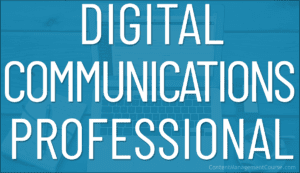
Digital Communications Professional

Search Engine Marketing Director

Internet Marketing Coordinator

Content Outsourcing Resources

Content-Related Jobs and Careers
Return to our content management course outline
***
Image: Pixabay
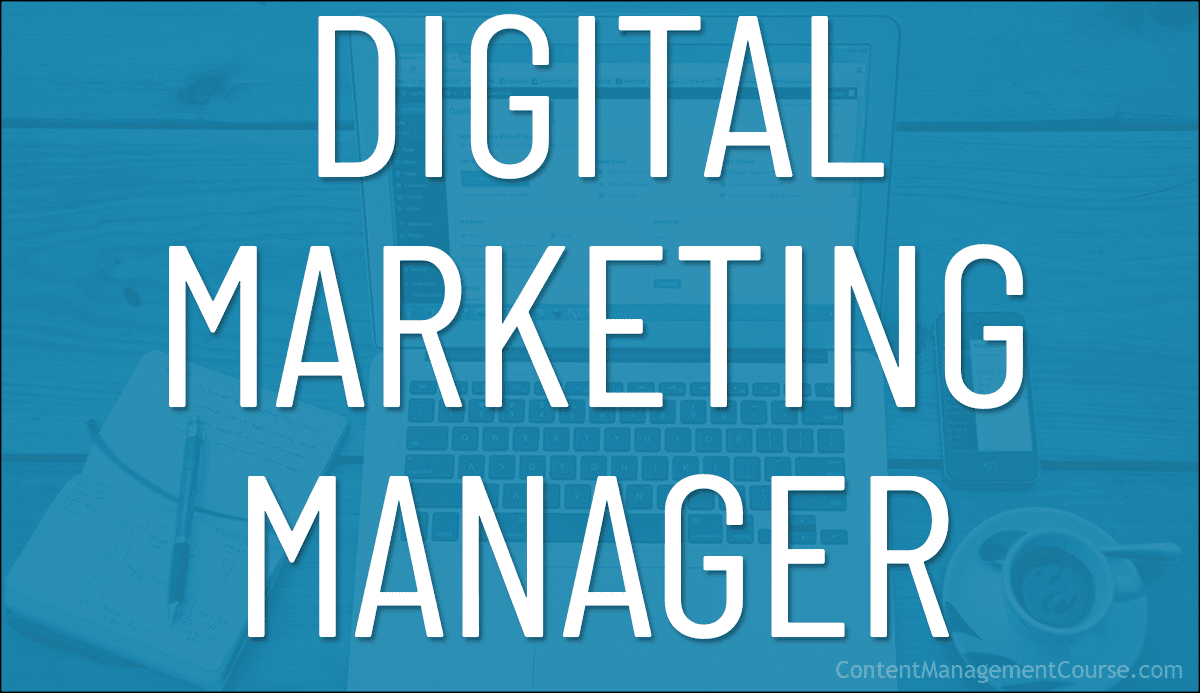
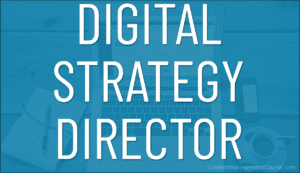
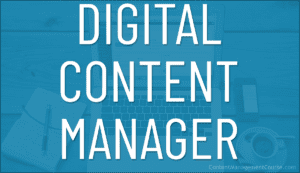


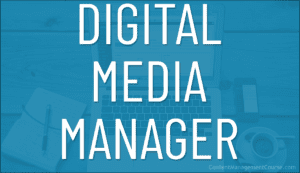
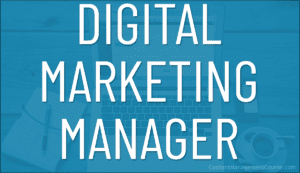





 In this section of the
In this section of the 
 In this section of the
In this section of the 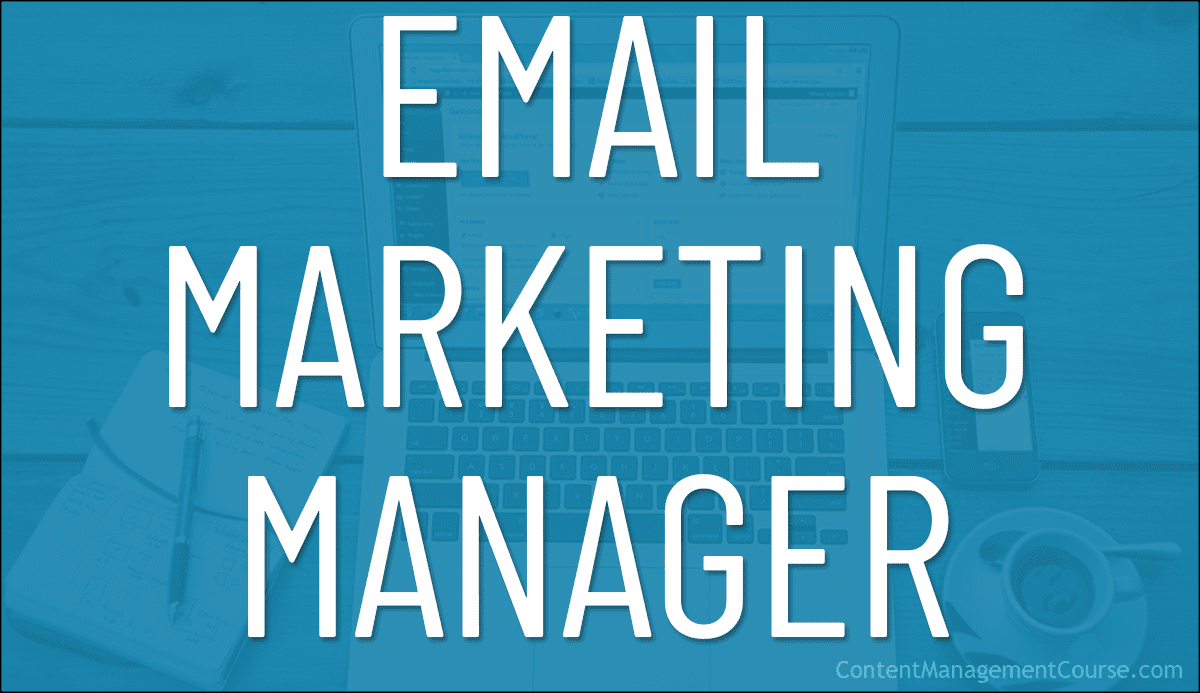
 In this section of the
In this section of the 
 In this section of the
In this section of the 
 In this section of the
In this section of the 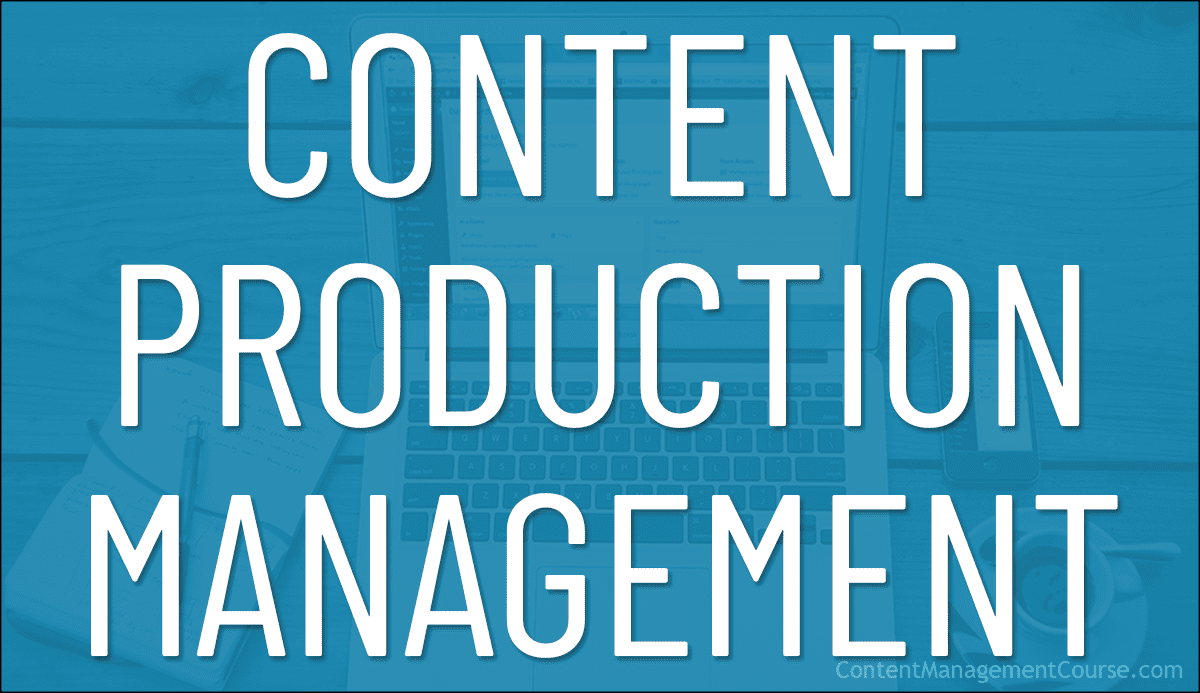
 Content production management involves overseeing the creation, distribution, and strategic implementation of content to engage and inform audiences effectively.
Content production management involves overseeing the creation, distribution, and strategic implementation of content to engage and inform audiences effectively.
